Olympic Sailing: That was Then, This is Now
Published on July 10th, 2016
Two-time U.S. Olympic medalist Charlie McKee is in his first quad as High Performance Director for the US team as they prepare for the 2016 Olympic Games. Scuttlebutt editor Craig Leweck spoke with Charlie about how the landscape has changed.
Your last Olympics as a competitor was the 2000 Games. What’s different now?
The main difference is in the amount of time required to do a successful campaign. I don’t think the sailors now are way better than they were back in the generation when I was competing, but you can’t wander in and do a year-and-half campaign and be successful. Now this has to be your complete life and focus.
There weren’t too many organized youth-only events during your era. How did that impact your transition into Olympic sailing?
We sailed all different kinds of boats, whatever we could get our hands on, and it was this diversity of experiences that proved to be a benefit. No question about it.
But also, from a personal perspective, when I was a kid I never won at sailing because I raced a lot more against adults. I was lucky that the people that were a little bit older than me were very, very good sailors. I wasn’t going to beat Carl Buchan, or Craig Thomas, or my brother Jonathan, but I kept after it because I loved it and wanted to learn and improve.
The way to learn and improve is to sail whatever different types of boats you can. When we see kids that are the best 13 year old or 15 year or whatever, our mission is to provide as much help as possible, and one of the ways to help them is to open their eyes to the broader sailing world out there. To have these kids sailing with adults, crewing for adults, sailing against adults – there’s no question in my mind that is positive.
That sounds like a good mantra for everyone, not just those pursuing the Olympics.
The things you learn in sailing are applicable to wherever you want sailing to take you. In our Olympic Development Program, which is working with promising American youth sailors, we are trying to impart more technical and big-picture things to make them more well-rounded sailors.
This information can be applied in whatever type of sailing they do – from dinghies to the biggest of keelboats. These things are universal. What you don’t want is for our sailors to be learning more and more about less and less. The people you really respect in the sport are those that can win in a variety of boat types.
For the young hot shot that crushes now in the popular youth and school events in the US, which tend to be in Club Flying Juniors and Club 420s, what is their outlook on the Olympic level?
For someone who has stayed on that type of track through completion of college, you would be hard pressed to point at the examples where that leads to an Olympic medal.
There are great things you learn in high school and college sailing, but there’s also gaps and things that you don’t learn. If you come out of college and aren’t able to pick up a tool and work on a boat, or have much experience sorting out logistics, or don’t understand the relationship between mast bend and puller tension and spreader angle and what that will do to sidebend when you pull the vang on….these are all needed campaigning skills.
These are thing that you need to be learning along the way, and you can’t wait until you’re 22 years old to start learning. That’s really what it comes down to. You can’t get out of college and do a one cycle Olympic campaign, starting from zero, and end up winning. And this doesn’t just apply to Olympic sailing. This goes for most boats people sail beyond the school years. You need to have understanding of how things work.
Perhaps even more important is how these are all life skills too. You need to have that ability to figure things out for yourself, figure out the interaction between things, know how to be organized and pursue a goal, how to use your time wisely.
Anyway, we are now starting to see young kids that are interested in this kind of new information. But they can do both. We have kids that show up and go sail a 470 for a week and then go home and go to school for four months and we don’t see them. That’s fine. They’re living their lives and they’re getting exposure to this super high-level racing. It’s awesome. We’re excited about that. Is that going to get us medals in Rio? No. But do we feel like this is a path towards the U.S. getting back to where it needs to be in sailing? Yes, definitely.


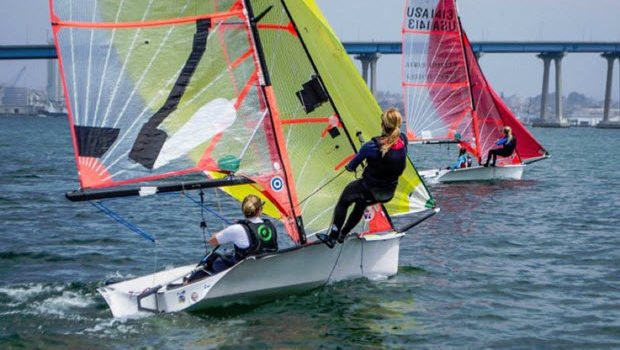
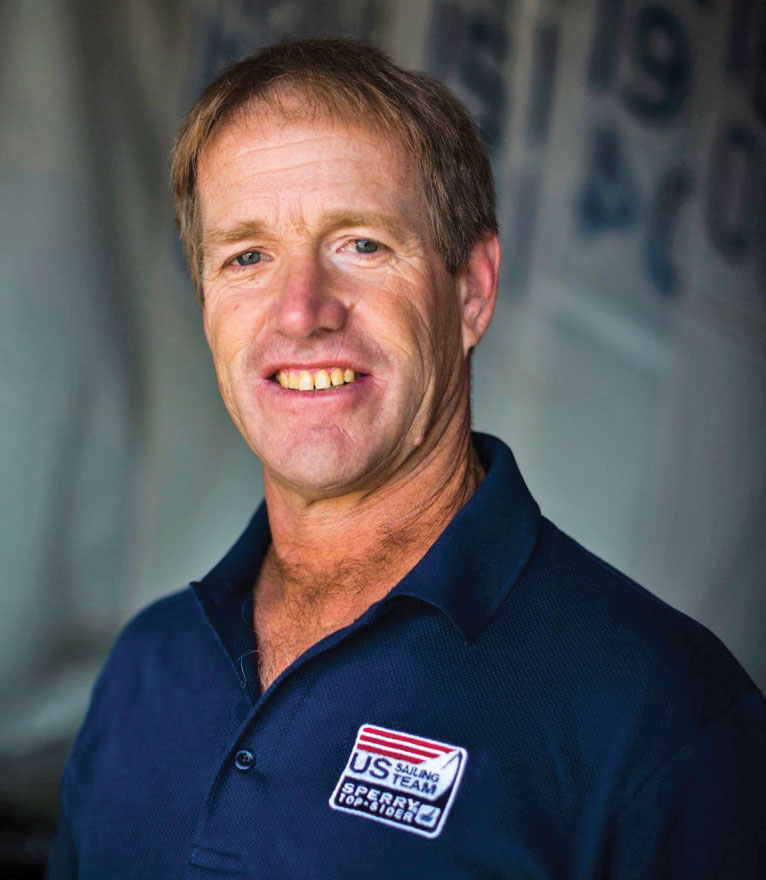



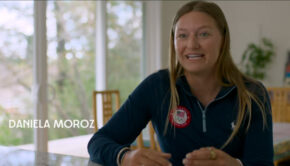
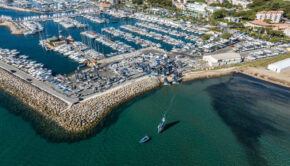
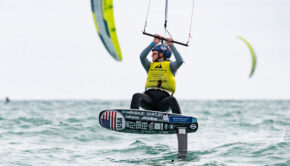
 We’ll keep your information safe.
We’ll keep your information safe.